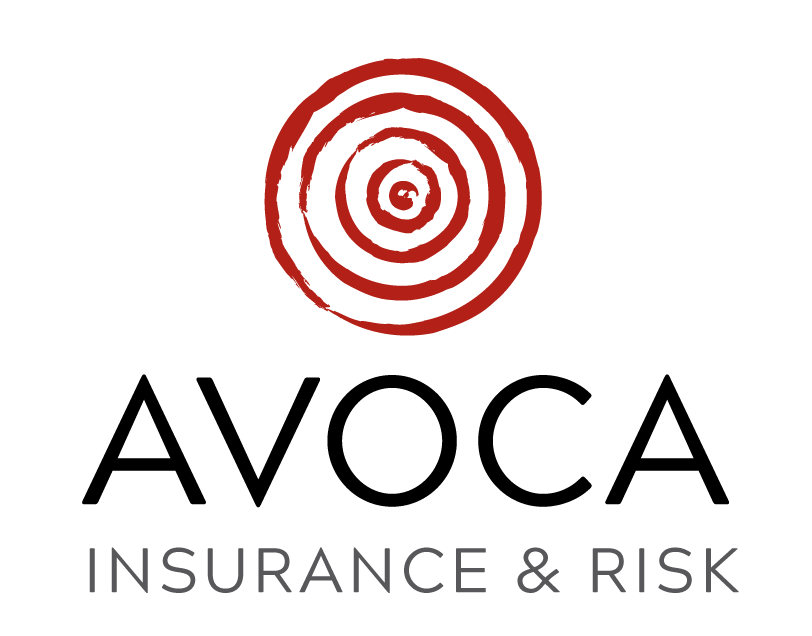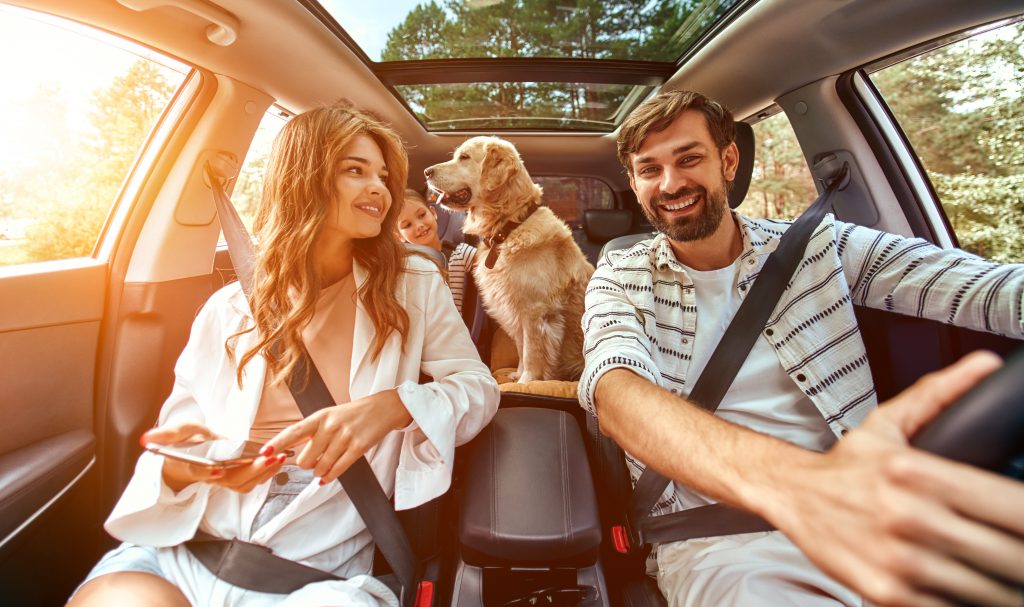Contact your insurer and ask about adding your child to your car insurance policy before they take to the road.
If they drive your car, become involved in an accident, and aren’t listed on your policy as a regular driver, you could be hit with an unlisted driver excess on top of your excess if they are at fault.
Also, ensure you don’t have a driver age restriction in force on your policy. If you have declared that no drivers under the age of 25, for example, would drive your car and your child is 18, your claim could be rejected if they are involved in an accident.
Usually an insurer will impose a higher excess for any child under the age of 21-25 who drives the vehicle.



